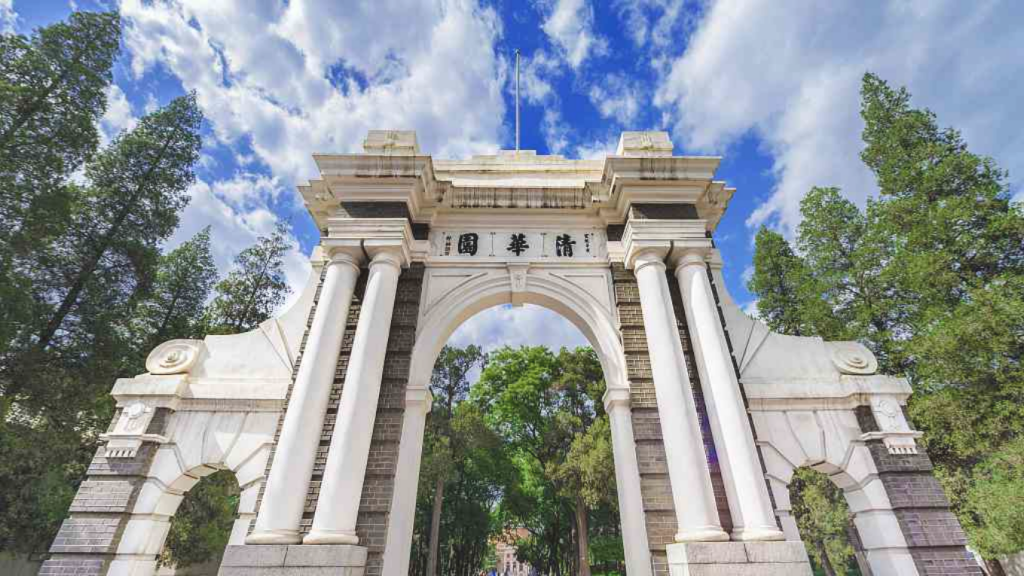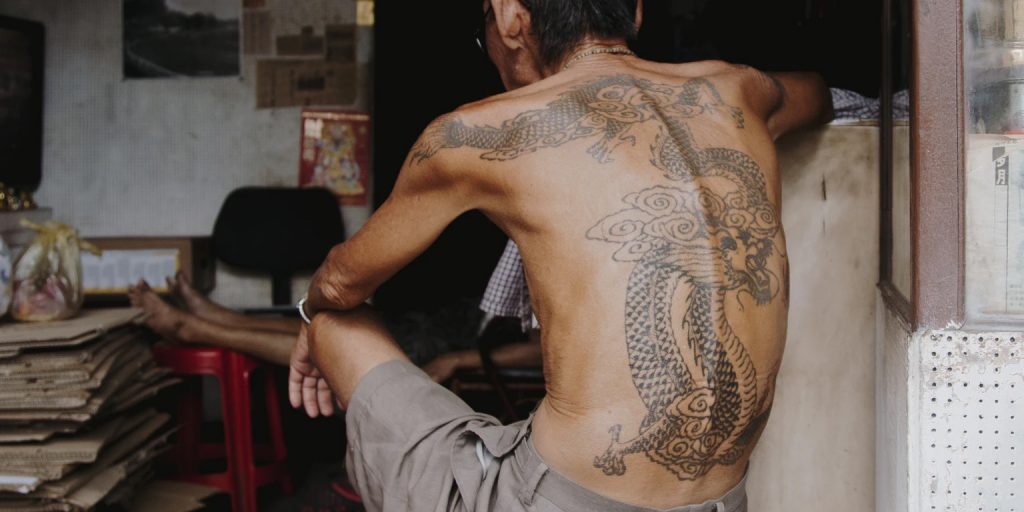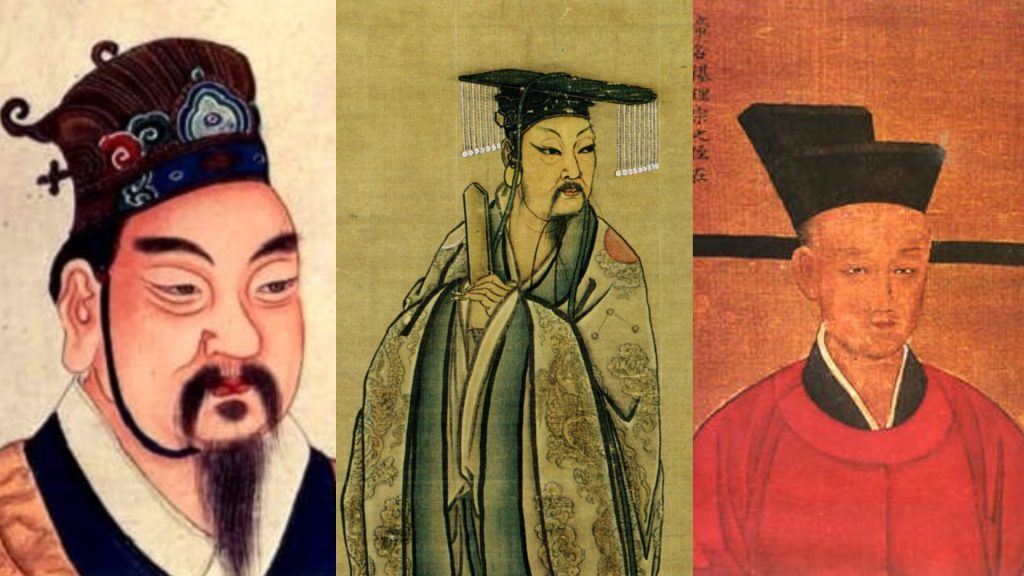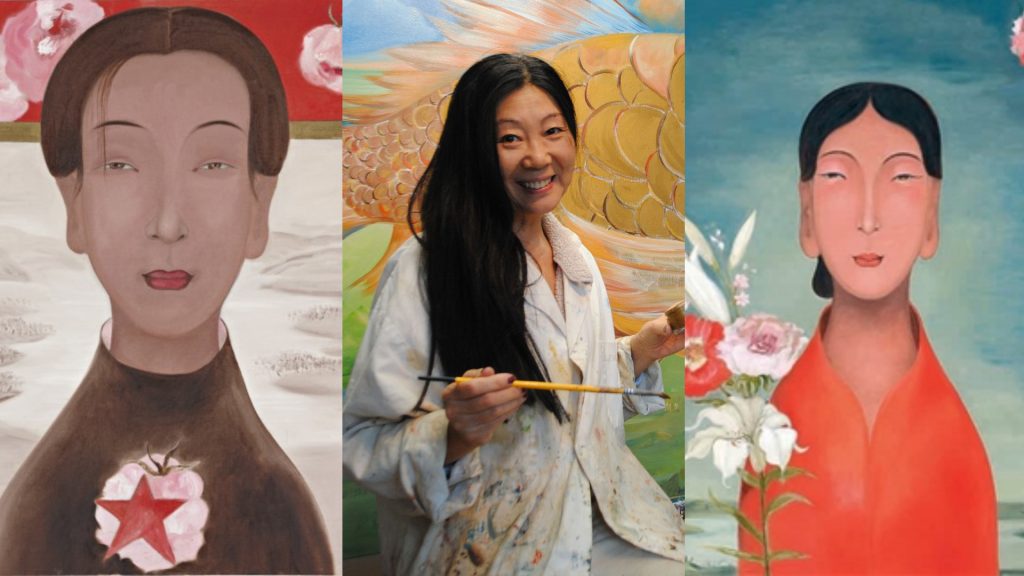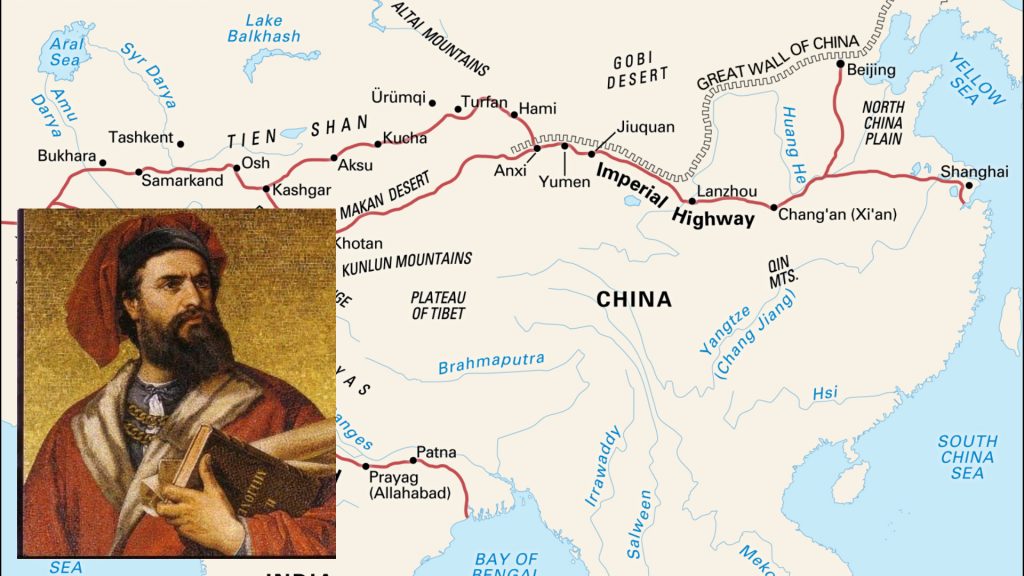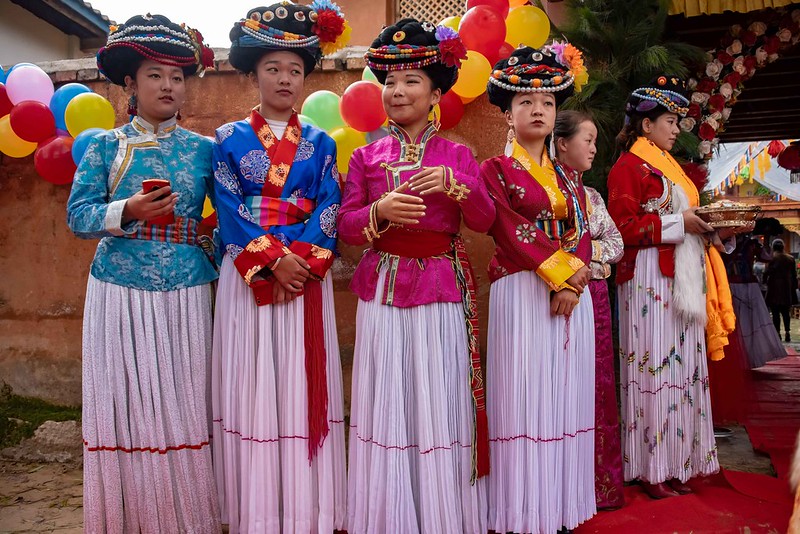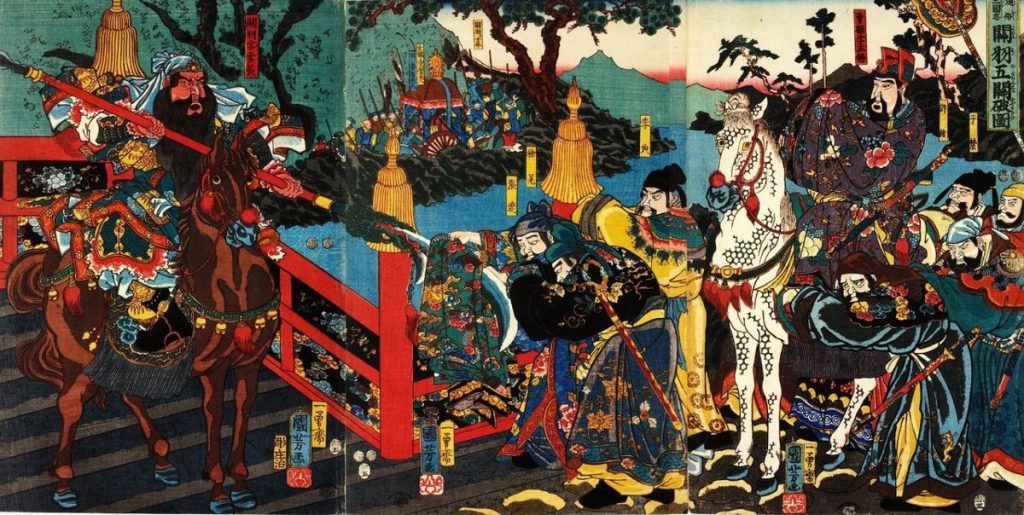5 Banned Books in China
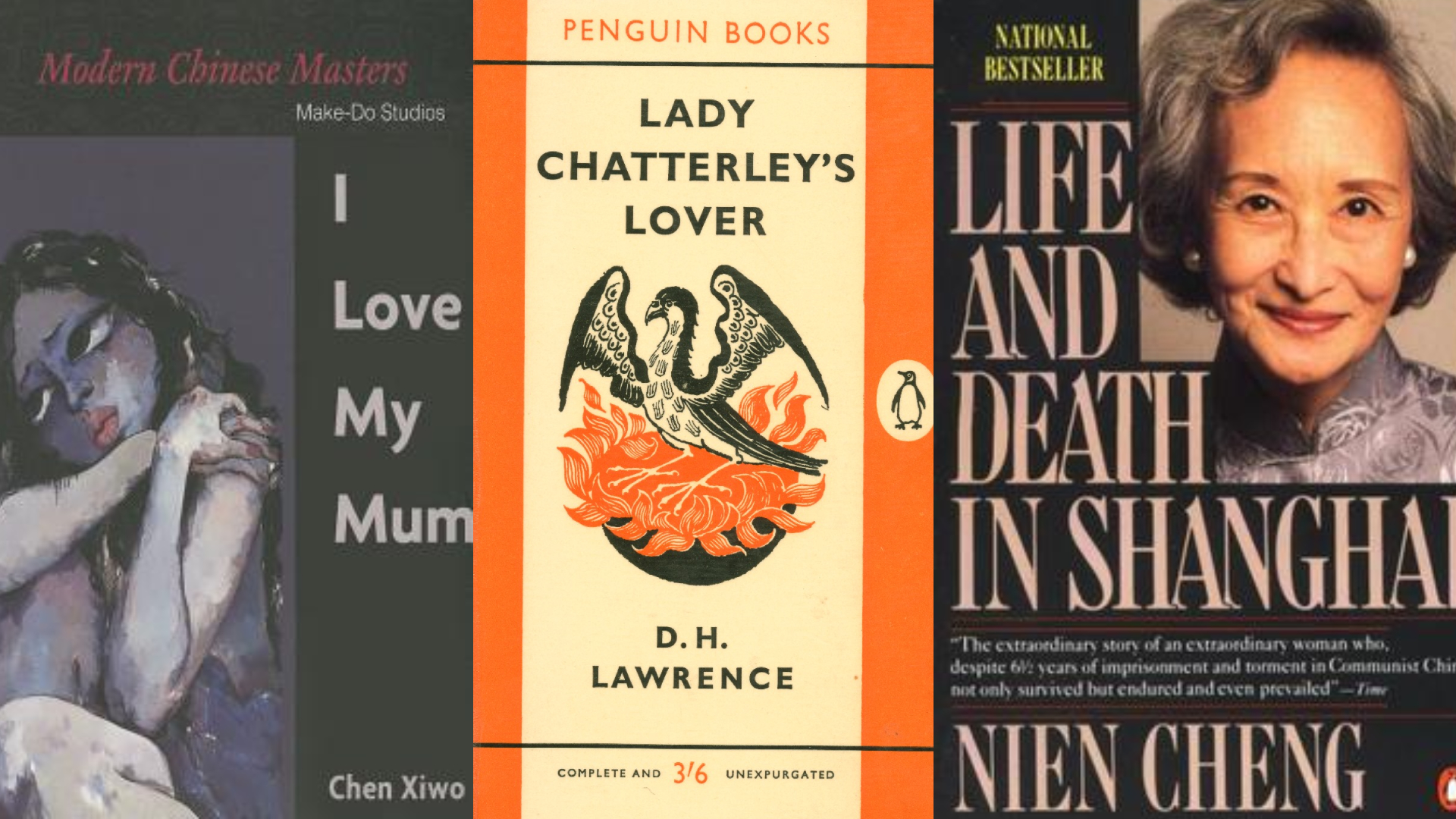
Throughout history, there have been many banned books in China — from contradicting government-endorsed theology to even slightly criticizing the Chinese government.
The first case of book censorship in China dates back to the Qin Dynasty (221 to 206 BC). During that time period, there was a rule wherein local and foreign books that didn’t meet the central government’s requirement would be censored and disallowed from being published. In 213 BCE, the first emperor of the Qin Dynasty, Shi Huang, led a book censorship movement called “burning of books and burying of scholars.” He suppressed books that had Confucianism content and had its scholars burned alive.
In the 18th century Qing Dynasty, books that were anti-dynastic or that carry unorthodox thoughts were burned by the order of the Qianlong Emperor, Aisin Gioro Hongli, who wanted to avoid the books leaving a negative impact on his people’s minds. In 20th century China, most especially during the period of the Cultural Revolution, books and even comments that are identified as anti-Communist and Maoist were censored and banned.
Even though the ban against certain books was lifted eventually, like Alice’s Adventures in Wonderland and Green Eggs and Ham, there are still a number of books that remain banned from China until this day.
Here are some of them:
1. Lady Chatterley’s Lover (1928)
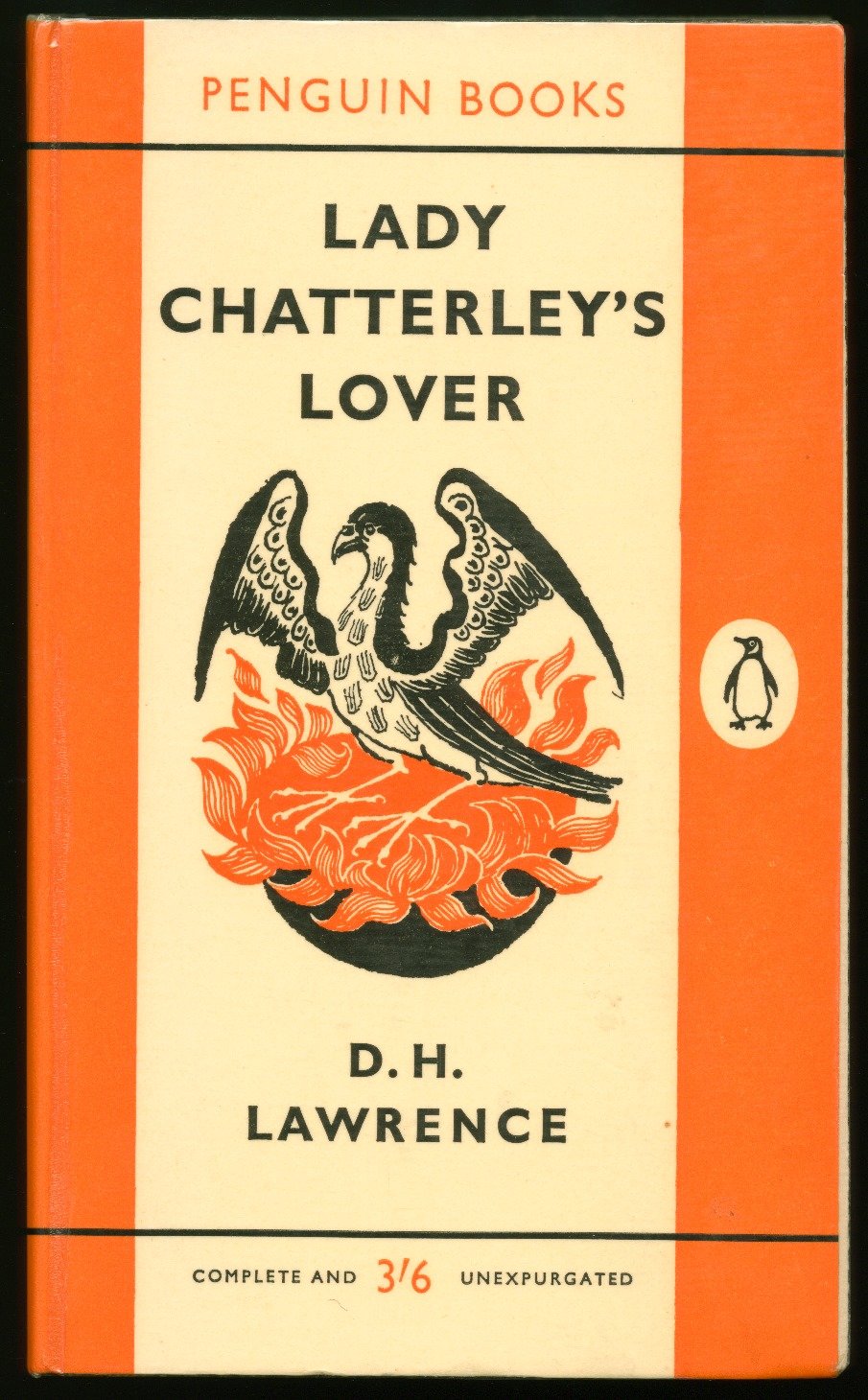
Lady Chatterley’s Lover was translated into Chinese by Rao Shu-Yi and was denied open publication by China’s Central Bureau in 1936. They even ordered booksellers to stop advertising and stop selling the novel. The Shanghai Municipal Police (SMP) launched a campaign to ensure that no English-language books deemed “salacious” or “unfit for public sale” should be available in the territory of the Shanghai International Settlement.
2. Life and Death in Shanghai (1986)
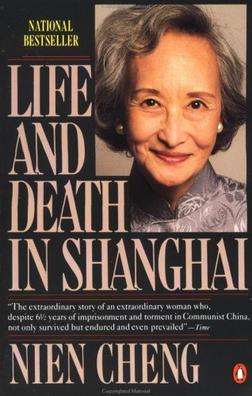
The autobiography of Nien Cheng was banned due to the author’s personal tortured experience during the Cultural Revolution. It details Nien Cheng’s imprisonment and her quest for justice when she was released. Other authors have attempted publishing their own memoirs but have been banned and censored that they took a chance on leaving China to publish their works elsewhere, leading to worldwide acclaim for many of them.
3. Wild Swans: Three Daughters of China (1991)
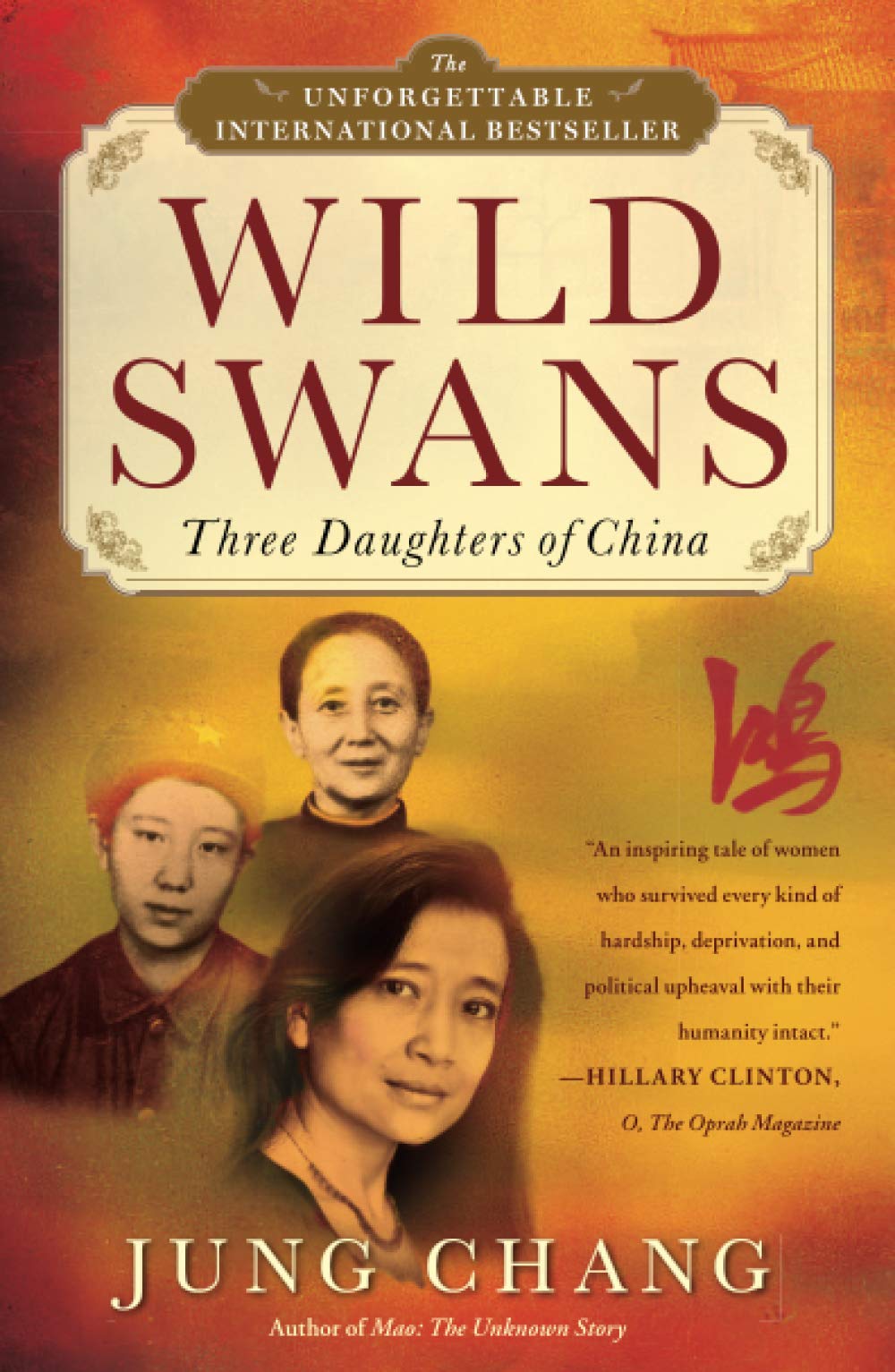
This novel recounts the lives of three female generations in China. It was banned because it included the brutal political upheavals in China, the purges of the Cultural Revolution, and its negative depiction of Mao Tse-tung, the Founder of the People’s Republic of China. Not only was this book banned, but so was the rest of Chang’s collection on historical figures of modern Chinese society.
4. Zhuan Falun (1993)
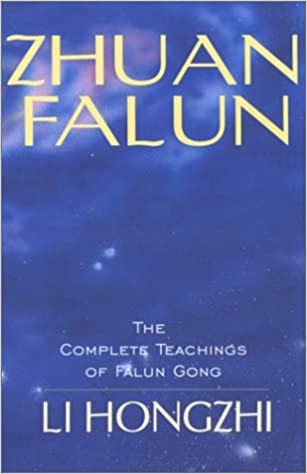
This spiritual book aims to “encourage people in a spiritual and physical practice that improves the body, mind, and spirit.” It touches on the origins of qigong and the long-forgotten meaning of “self-cultivation” and the roots of illness and the fundamental qigong method of healing, among others. It was banned in Mainland China since it was supposedly “outside of the communist apparatus,” according to Stephen Chan in Global Society, an international relations journal.
5. I Love My Mum (2004)
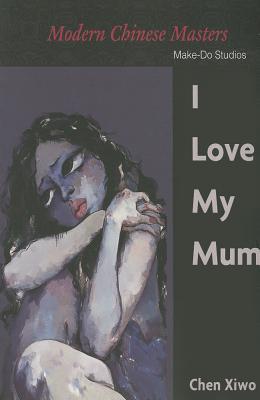
I Love My Mum is a novella with a shocking tale of murder and incest wrapped in a political metaphor. Chen Xiwo writes about a police investigation that centers on the relationship between a severely disabled man and his mother. The novella was banned due to its obvious metaphor for the corruption in modern Chinese society.
When it was first published in 2004, it was highly criticized. Beijing got involved and the Propaganda Ministry ordered its local office to ban it throughout the country. It caused an international sensation in 2007 after the author sued the Chinese customs when they confiscated the Chinese version published in Taiwan.
Although there are a number of censored books in China, other readers may enjoy them if they want a firmer grasp on China’s history and the Chinese experience.
If you consider yourself a bookworm, you may also want to check out the Chinese authors who launched award-winning books in 2020.




